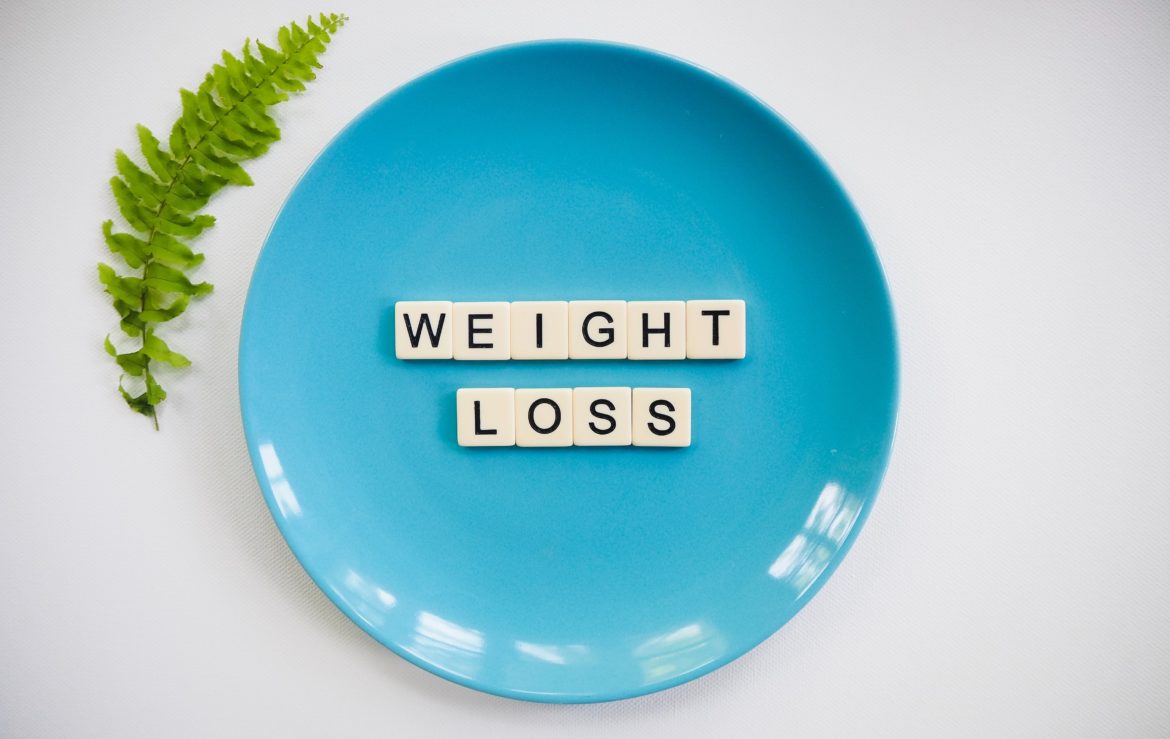Excerpt from Enlightened Weight Loss
Eat While Your Metabolism Is Running
You’ve probably heard that you shouldn’t eat past a certain time of night. There’s some truth to that, however this cut off time has more to do with your body’s internal clock than the actual time of day.
Some things in your body happen once every 24 hours, and for a limited amount of time like sleep, digestion, and metabolism. Your body isn’t designed to sleep all day, and it isn’t designed to process food all day. Your body will only properly digest and metabolize the food you eat for about 12 hours a day. The clock starts as soon as you ingest anything but water, and it stops about 12 hours later.
If the first thing you eat or drink is at 9:00 am, then you wouldn’t want to eat anything after 9:00 pm. Preferably even a couple of hours before that, because you still have to digest after you eat.
If you eat for more than 12 hours a day, then you’re more likely to be overweight and develop metabolic disorders. You should try to minimize your eating window to 12 hours a day at most, which is easy to maintain as long as you’re getting 7 to 8 hours of sleep. If you’re up all night, then you’ll end up getting too hungry to stop yourself from eating. We will cover eating windows in more detail when you choose a weight loss plan.
You Have To Burn Sugar Before You Can Burn Fat
Your body stores the energy that it gets from food as fat and as glycogen. Glycogen is basically stored sugar.
Before your body can start burning fat, it has to use up your glycogen stores. Your body uses up glycogen stores when you restrict calories and exercise. We’ll cover how much you should be restricting and how to exercise later on because you do not want to restrict calories as much as possible.
Another way to use up glycogen and start burning fat is to fast for more than 12 hours.
As long as you don’t eat or drink anything with calories, then your body will use up your glycogen stores in about 12 hours. After that, it’ll start burning fat for as long as you continue fasting.
If you fast for 16 hours a day, then you’ll have about four hours a day that your body is burning fat for energy. The first 12 hours of the fast is burning glycogen, and the last four hours are burning fat.
I will go into the specifics of how to fast later on, however you don’t have to fast to lose weight. Every weight loss plan is different.
Only Suppress Hunger If You’re Fasting
A lot of people think they’re burning fat when they skip lunch or wait until they finally get home before they eat. They think that being hungry for two hours is helping them lose weight, however it is not.
Again, it takes 12 hours without eating before you actually start to burn fat.
If you eat breakfast at 9:00 am and then wait six hours until 3:00 pm to eat lunch, you’re not burning fat. You’re just making yourself hungry for no reason. That will make it impossible to eat slowly and control your cravings.
During your eating window, you should eat whenever you start to feel hungry.
Get To Know Your Early Hunger Signals
If you’re used to ignoring your hunger signals, then you might not know what they feel like. They aren’t the same for everyone. It can start by feeling like your stomach is empty. It can be easy to ignore and only lasts for a minute or two. Once you start to pay attention and eat at the first sign of hunger, they will become more noticeable.
If You’re Always Hungry
The first hunger signals of the day should start about 12 hours after dinner the night before. Then, three to six hours after each meal, and one to two hours after snacks. If you feel like you’re hungry more often, then it could be from lack of sleep, medication, stress, not eating enough, or eating processed carbs or inflammatory foods. Later, we will discuss what to eat and how much to eat, which will help to regulate your hunger.
If You’re Never Hungry
Having no hunger signals is not a good thing. It makes it hard to know when you should start eating, and when you should stop. If you never feel hungry, then it could be from ignoring those signals. If you ignore hunger signals for long enough, then your body won’t keep bothering you with them. You can even lose your hunger signals from having extra body fat because fat cells send out a hormone that suppresses your appetite. It could also be that you’re suppressing your hunger with things like caffeine, nicotine, gum, or medications.
If you’re not doing anything to suppress your appetite, but you still never feel hungry, then start by making a routine eating pattern. Losing weight and having some regularity will start to trigger your hunger signals.
Don’t Eat When You’re Not Hungry
If you’re not hungry, your cells don’t need energy. That means anything you eat at that point will be stored as fat and glycogen that you have to burn off later. Try to wait for your hunger signals to kick in. If you’re having a hard time waiting, then refer back to Part Two on cravings.



